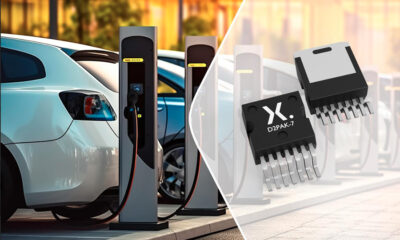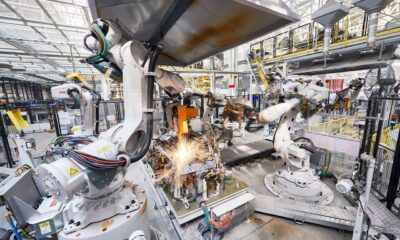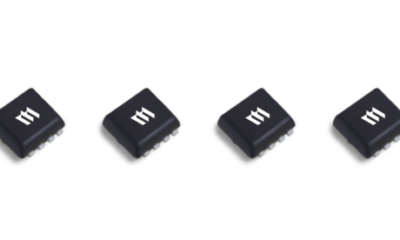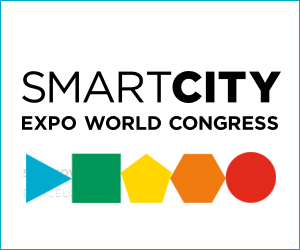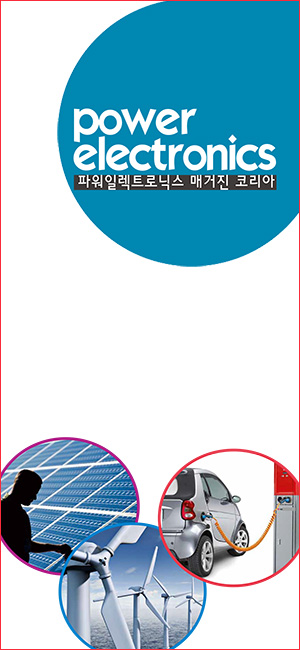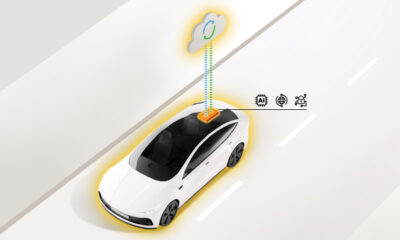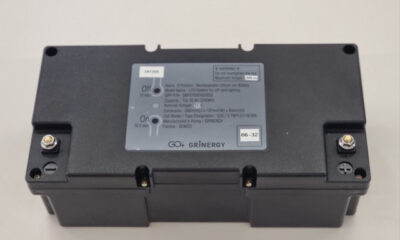EnglishNews
NIO selects high-efficiency SiC traction power modules from onsemi
SiC-based VE-Trac modules provide next-generation electric vehicles with longer range, higher efficiency and faster acceleration
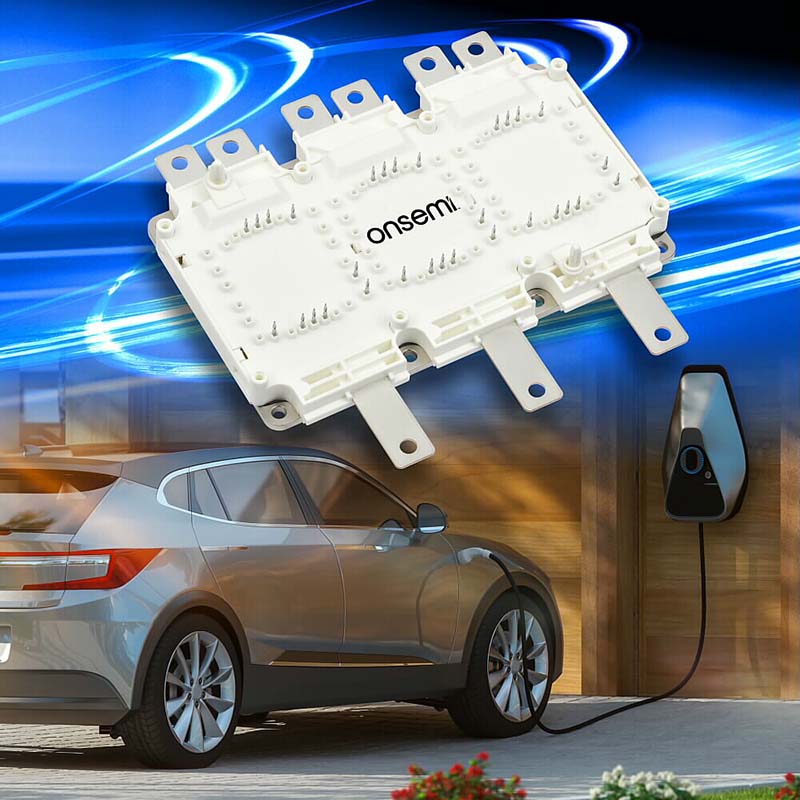
onsemi announced that global automotive innovator NIO Inc. chose the latest VE-Trac™ Direct SiC power modules from onsemi for its next-generation electric vehicles (EVs). The silicon carbide (SiC)-based power modules enable longer range, higher efficiency and faster acceleration for EVs. The collaboration of the two companies is expediting the commercialization of SiC technologies to bring EVs equipped with advanced semiconductor material to the market.
At the heart of an EV, the main traction inverter converts battery energy into large amounts of torque and acceleration. The VE-Trac Direct SiC is an integrated single side direct cooling (SSDC) power module in a six-pack configuration with a low turn on resistance of 1.7 mohm. This platform implements the second generation SiC MOSFET technology from onsemi to achieve new levels of performance, efficiency, and quality while sharing a compatible package footprint with its IGBT predecessor. An integrated pin fin baseplate enables direct liquid cooling and easy assembly which allows maximum power output and more efficient thermal dissipation.
“From all the solutions we considered, the VE-Trac Direct SiC traction power modules offered the best efficiency during testing, allowing us to extend our New European Driving Cycle (NEDC) range by 4% compared to the current silicon solution,” said Alan S. Zeng, senior vice president at NIO. “onsemi convinced us with the high performance and reliability of its products as well as the excellent support from its engineering and management team. We look forward to collaborating with onsemi on bringing more innovative EVs to market for generations to come.”
The VE-Trac offerings, including previously introduced VE-Trac Dual and VE-Trac Direct platforms, are available in silicon-based IGBT and in SiC with various voltages, and for traction inverter power ranging from 100 to 250 kW. With its standardized mechanical footprints and expanded power ratings, the VE-Trac product family is designed to effortlessly scale EV power outputs, accelerating the adoption of hybrid and battery EVs (BEV).
“This design collaboration is the culmination of substantial efforts onsemi has put into developing the right technologies for emerging applications such as smart EVs,” said Simon Keeton, executive vice president and general manager of Power Solutions Group at onsemi. “onsemi is the only supplier of silicon carbide solutions with vertical integration capability including SiC boule growth, substrate, epitaxy, device fabrication, best-in-class integrated modules and discrete package solutions. We are rapidly expanding our SiC capacity and are uniquely positioned to address the growing EV market with supply assurance, performance, quality and tailored SiC end solutions.”
NIO is a pioneer in the premium smart EV market, thanks in part to its unique Battery-as-a-Service (BaaS), a breakthrough innovation in both technology and business model. The carmaker, who is leading the wave of smart EV and BEV adoptions in China, is gaining significant market share and aiming to change the way consumers use these vehicles and elevate their entire ownership experience.

모빌리티(Mobility)의 미래 비즈니스 전략을 찾다
- 모빌리티타임즈 (mobilitytimes.net)





